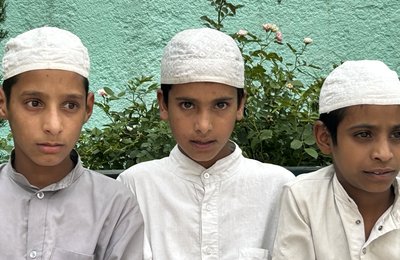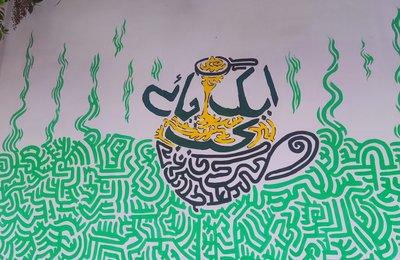(Note: in the video, Sanjana's references are to March 2012 sessions of the Human Rights Council in Geneva).
Silencing Sri Lankan civil society
Sanjana comments on the ‘hate speech’ that is virulent in Sri Lanka towards human rights activists and, specifically, civil society representatives who went to Geneva to support the resolution again the government. These activists have been issued veiled death threats and, as Sanjana notes, have been called ‘dogs’, ‘traitors’ and ‘terrorists’ by the largely government-sponsored media.
This vilification is not an isolated act; it is yet another example of a systematic attempt to exclude the voice of civil society that calls for a different path to reconciliation and coexistence. We see diversity as a resource in democracy. The different viewpoints brought forth can result in the creation of a unified whole that is more sustainable in the long run. Civil society exists for the purpose of exploring alternative paths that can contribute to the public. Excluding and attempting to silence these alternative voices only result in an increased tension that hinders the journey ahead as a country.
The significance of a space for dissent
Today, the community of peacebuilding actors and organizations come to the fore as important stakeholders in this space. The hate speech campaign targeting these individuals at a superficial level- refusing to engage with them in a productive public dialogue-narrows down this vital space for dissent in today’s Sri Lanka.
The outward lack of dissent and seemingly peaceful veneer can lead to a simmering mass of people underneath. Curtailing dissent is the starting point on the path that leads to civil wars: "civil wars arise when individuals, groups and factions discover that a policeman, judge, soldier or politician no longer speaks and acts for them." (Doyle and Sambanis 2000: 799) [pdf].
In this light, the recent release of Gen. Sarath Fonseka can be applauded – simply because this action by the government doubles as a statement for ensuring citizenship rights of an individual and allowing factions of dissent to exist. Engaging with the voices of dissent in a process of constructive criticism, instead of indiscriminately labeling these as ‘traitors’ or ‘terrorists’ to silence them, will be the first step towards a search for sustainable long term solutions to the problems faced by the post-conflict Sri Lanka.











